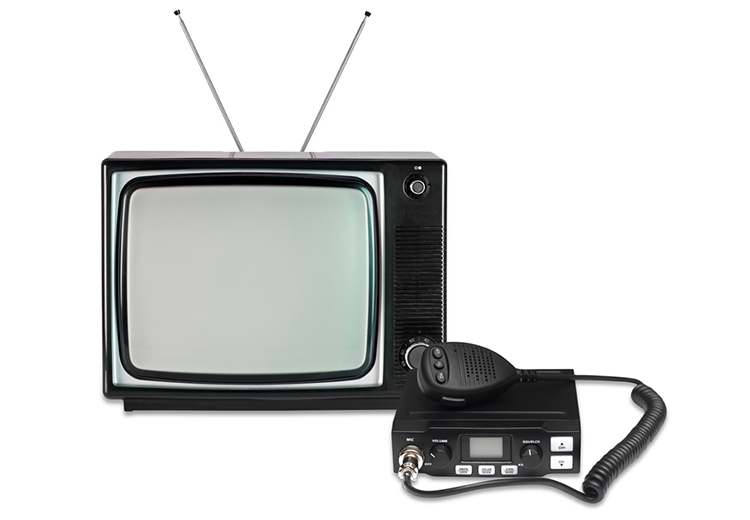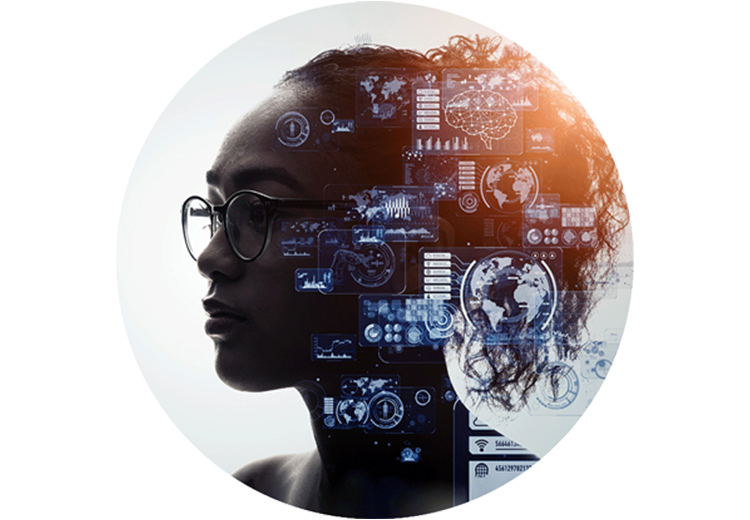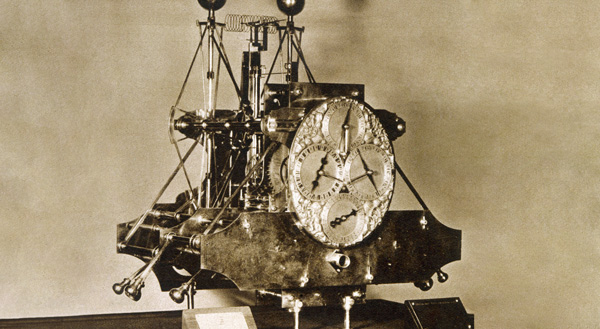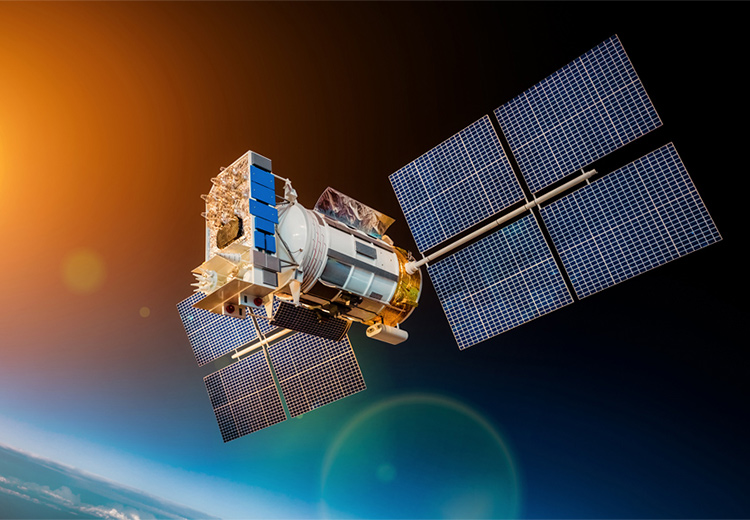Timing transforms our world

Time is the wisest counselor of all. – Pericles
Timing technology has played a pivotal role in the birth of each new technology era, moving us forward in ways we didn’t think possible. Over the last three centuries, timing has saved lives, automated industrial machines, and enabled the internet age.
Enabling over the air communications
At the start of WW II, a radio frequency based long range navigation system (LORAN) replaced mechanical chronometers and provided coverage over 70% of the earth’s surface. Its success was dependent on an oscillator at the heart of the system. It provided navigation services until the early 1990s, when replaced by GPS.
In the 1950s, ultra-high frequency (UHF) radios were not affordable for the average consumer, so in 1958 the CB service was created on 27 MHz, becoming known as Citizens Band. By leveraging timing frequencies, 23 channels were available. During the 1960s, the service gained popularity among small businesses, truck drivers, and radio hobbyists.
Timing also played a crucial role in the success of amateur radio and, subsequently, television. The CRT needed a very accurate and clean timing signal to ensure excellent image quality, one that was not jittery. High-quality oscillators met the requirements and helped enable the TV age.

Timing inspires what's next
As in the past, timing will continue to play a vital role in the innovations of tomorrow. Precise timing solutions will enable new industries such as autonomous transportation. Highly reliable and resilient timing are enabling 5G communications with ubiquitous connectivity and realizing the full potential of the Internet of Things. What lies beyond will only be limited by our imagination. Putting colonies on other planets, ending world hunger, and saving our world from climate change are all possible, and we believe that timing has a role to play in all of them.
So, what world-transforming innovation are you building?


